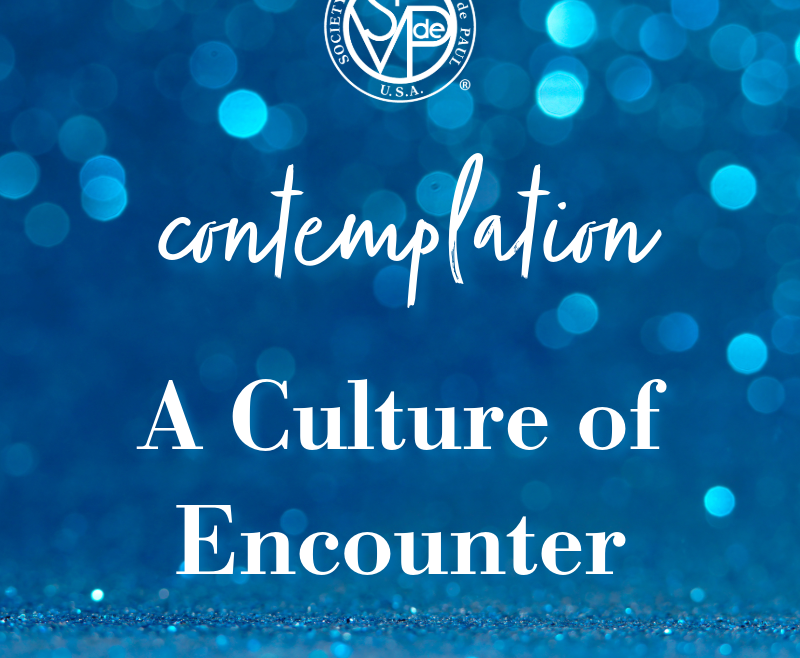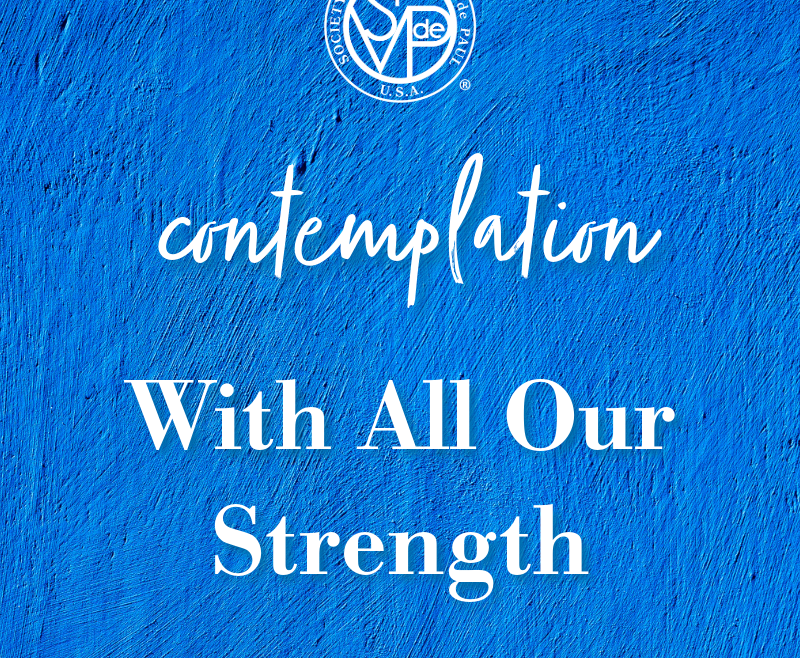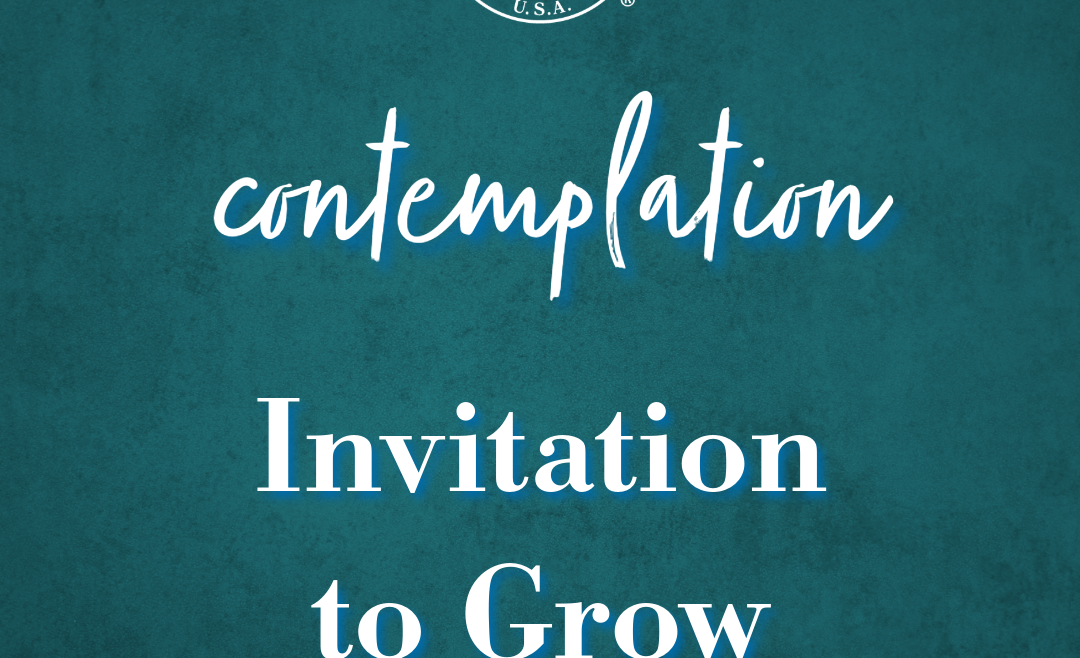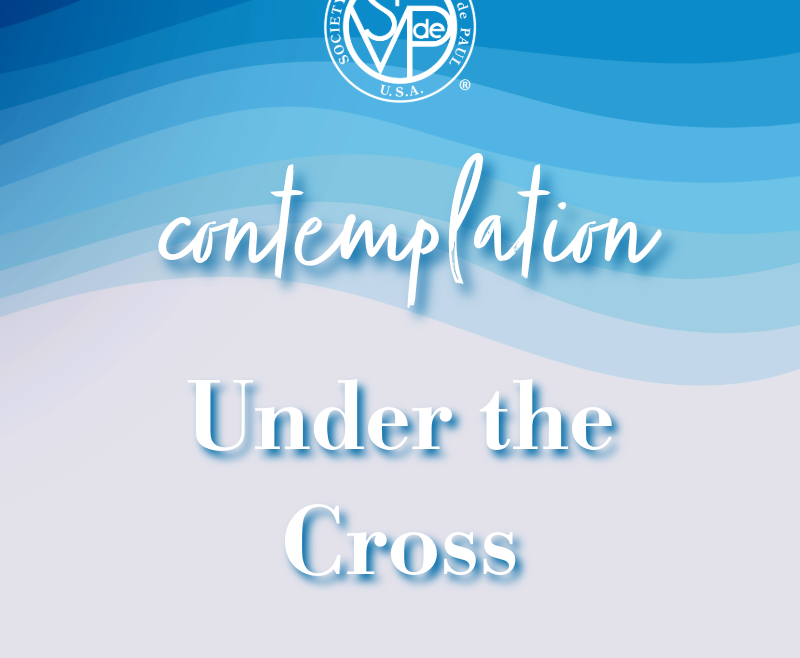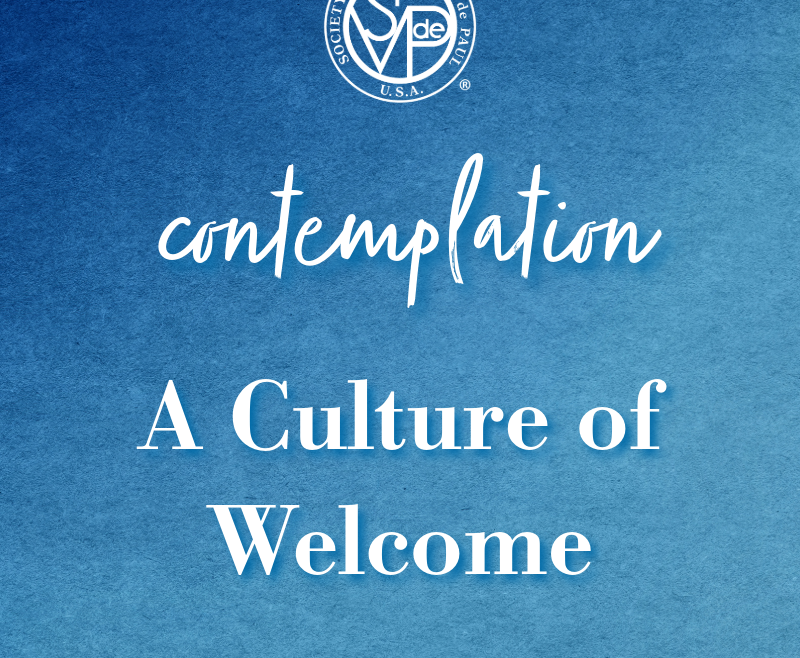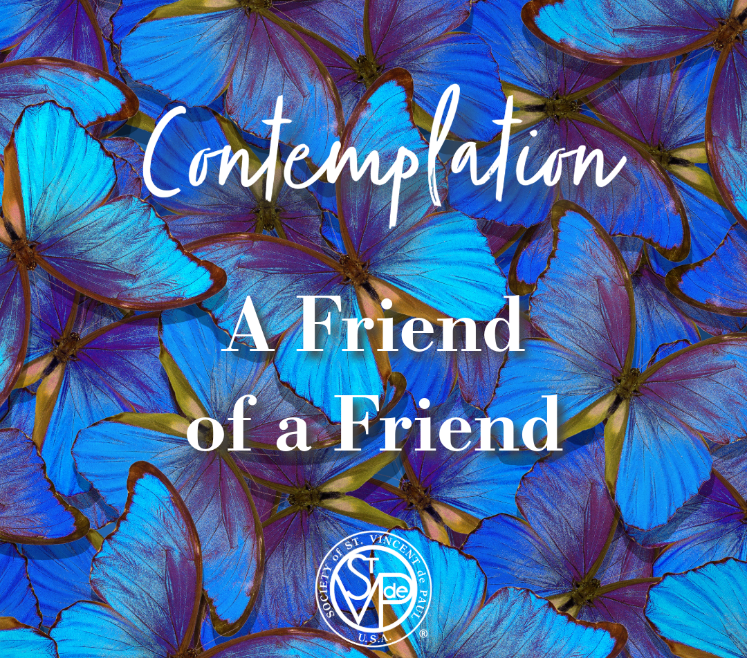By Tim Williams, Senior Director of Formation & Leadership Development
The Society of St. Vincent de Paul and the Home Visit both were formed when Frédéric Ozanam declared in 1833 that “we must do what Our Lord Jesus Christ did” and “go to the poor.” [Baunard, 65] The very first Rule in 1835 enshrined “the object of this Conference” as first, to grow in faith and spirit, and second, “to visit the poor at their dwellings.” [Rule, Intro, 1835] One hundred and ninety-one years later, the Home Visit remains the core, the very heart and soul, of the Society of St. Vincent de Paul.
At first, Home Visits were not merely the central work, but the only work of the Society, whose young members guided by Bl. Rosalie and the Daughters of Charity “adopted” poor families and visited them regularly to bring food, firewood, clothing and other assistance. But more importantly, they formed true relationships, “relationships based on trust and friendship” as today’s Rule says. [Rule, Part I, 1.9]
It was personal relationships formed on Home Visits that led the first members towards what we now call systemic change. They didn’t start from an abstract vision of what society ought to be, but from a practical understanding of the real lives of their friends and neighbors, from “climbing the stairs to the poor man’s garret, sitting by his bed side, feeling the same cold that pierces him, sharing the secret of his lonely heart and troubled mind.” [Baunard, 279] That’s why, in its first year, the first Conference created an apprenticeship program for young men. It’s why, three years later, the new Conference in Lyon began a library and school for soldiers. It is also why, as Frédéric said, “home visits to the poor have still remained our principal work.”[1369, Rpt. to Gen.l Assembly, 1837] The Home Visit inspires us to other works, and so the same Rule which declared Home Visits the “object” of the Conference, also insisted that “no work of charity should be regarded as foreign to the Society.” [1835 Rule, Art. 2]
Yet, even more important than this practical benefit of Home Visits is that they are our primary path to our growth in holiness. That is why our Rule still considers “home visitation reports” an essential part of the Conference Meeting. [Rule, Part III, St. 7] Sharing and meditating on our work leads us to “internal spiritual knowledge of [ourselves], others, and the goodness of God.” [Rule, Part I, 2.2]
We are called to see the face of Christ in the poor. When Christ calls us, we don’t ask Him to come to us, take a number, and fill out a form. We go to Him, we seek to encounter Him, wherever He lives – in a house, on the street, in prison, in assisted living, or in a hospital. The Home Visit is not our central work only for practical and historical reasons, but because it is an encounter that changes us.
Each visit is a holy encounter, and we make it with the deep understanding that “one does not live by bread alone,” that our assistance is only temporary, but that the love of God which sends us is eternal.
Contemplate
When was my last Home Visit?

